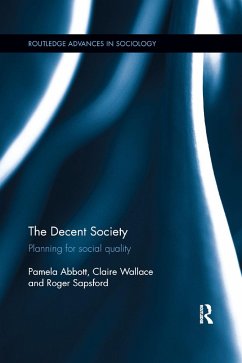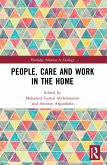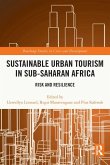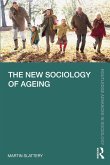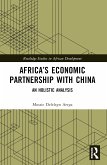The search for 'the Decent Society' - a fit place in which to live - has informed policy at both governmental and international level. This book analyses its nature and devises a consistent way of measuring the concept world-wide on the basis of a coherent theory of agency within social structure. Influenced by classical sociology and by the economist Amartya Sen, the book posits that societies need to create (a) economic security, (b) social cohesion, (c) social inclusion, and (d) the conditions for empowerment. The model is interactive and recursive; each component provides the requirements for each of the others.
This book outlines the sociopolitical framework underlying 'the Decent Society' and summarises a decade of research, some of which has had a formative impact on governments' policies. The first half contains studies of social quality based on surveys in the former Soviet Union and sub-Saharan Africa, while the second half describes the construction of a Decent Society Index for comparing very different countries across the world.
This book and the index it develops will be of interest both to academics and researchers in sociology, politics, economics, psychology, social policy and development studies and to policy-makers in government, local government and the NGOs.
This book outlines the sociopolitical framework underlying 'the Decent Society' and summarises a decade of research, some of which has had a formative impact on governments' policies. The first half contains studies of social quality based on surveys in the former Soviet Union and sub-Saharan Africa, while the second half describes the construction of a Decent Society Index for comparing very different countries across the world.
This book and the index it develops will be of interest both to academics and researchers in sociology, politics, economics, psychology, social policy and development studies and to policy-makers in government, local government and the NGOs.

